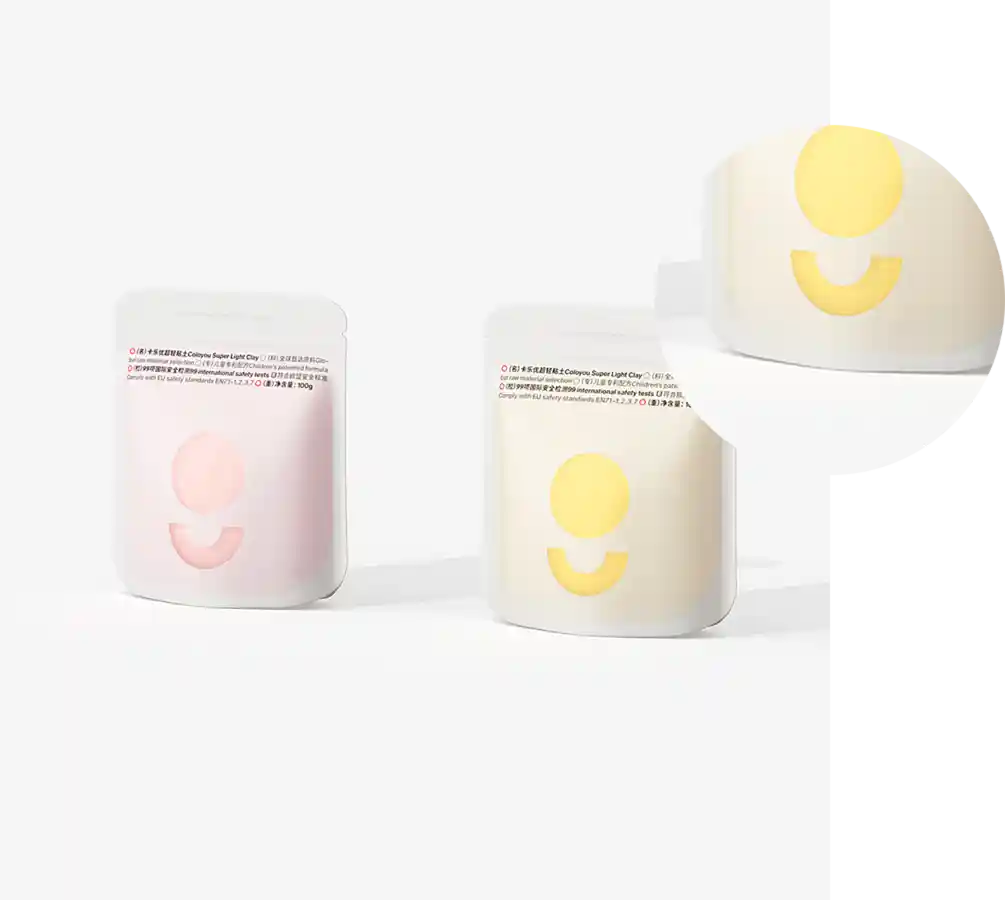- Afrikaans
- Albanian
- Amharic
- Arabic
- Armenian
- Azerbaijani
- Basque
- Belarusian
- Bengali
- Bosnian
- Bulgarian
- Catalan
- Cebuano
- chinese_simplified
- chinese_traditional
- Corsican
- Croatian
- Czech
- Danish
- Dutch
- English
- Esperanto
- Estonian
- Finnish
- French
- Frisian
- Galician
- Georgian
- German
- Greek
- Gujarati
- haitian_creole
- hausa
- hawaiian
- Hebrew
- Hindi
- Miao
- Hungarian
- Icelandic
- igbo
- Indonesian
- irish
- Italian
- Japanese
- Javanese
- Kannada
- kazakh
- Khmer
- Rwandese
- Korean
- Kurdish
- Kyrgyz
- Lao
- Latin
- Latvian
- Lithuanian
- Luxembourgish
- Macedonian
- Malgashi
- Malay
- Malayalam
- Maltese
- Maori
- Marathi
- Mongolian
- Myanmar
- Nepali
- Norwegian
- Norwegian
- Occitan
- Pashto
- Persian
- Polish
- Portuguese
- Punjabi
- Romanian
- Russian
- Samoan
- scottish-gaelic
- Serbian
- Sesotho
- Shona
- Sindhi
- Sinhala
- Slovak
- Slovenian
- Somali
- Spanish
- Sundanese
- Swahili
- Swedish
- Tagalog
- Tajik
- Tamil
- Tatar
- Telugu
- Thai
- Turkish
- Turkmen
- Ukrainian
- Urdu
- Uighur
- Uzbek
- Vietnamese
- Welsh
- Bantu
- Yiddish
- Yoruba
- Zulu
Sustainable Alternatives to Disposable Cups for Eco-Friendly Living
The Rise of Disposable Cups Convenience Meets Environmental Concerns
In today's fast-paced world, convenience often takes precedence over sustainability. One of the most visible examples of this trend is in the widespread use of disposable cups. These seemingly innocuous items have become a staple in coffee shops, restaurants, and events across the globe. However, their convenience comes at a significant environmental cost, raising crucial questions about their future in our society.
Disposable cups are primarily made from paper or plastic, and they serve a simple purpose to provide a quick, single-use container for beverages. Their origin can be traced back to the early 1900s, when the first disposable paper cup was invented to promote hygiene and eliminate the need for washing reusable cups. Over the decades, their popularity skyrocketed, fueled by the growing coffee culture and the rise of fast-food chains. Today, millions of these cups are used daily, particularly in urban areas where coffee on-the-go is a part of daily life.
One of the main advantages of disposable cups is their convenience. They offer a practical solution for busy individuals who need their caffeine fix during commutes or those who prefer not to carry bulky, reusable alternatives. Plus, many cafes and restaurants even promote the use of disposable cups by offering discounts to customers who choose them. This seemingly straightforward practice has led to a culture where disposability is often favored over sustainability.
However, this convenience comes with severe environmental consequences. Most disposable cups are coated with a thin layer of plastic to make them waterproof, which complicates recycling efforts. In fact, estimates suggest that less than 1% of disposable cups are actually recycled. The majority end up in landfills or, worse, as litter in our oceans and parks, posing significant threats to wildlife and ecosystems. As awareness about plastic pollution and environmental degradation grows, consumers are increasingly questioning the sustainability of their choices.
disposable cup

Various cities and countries have recognized the ecological impact of disposable cups and have started implementing measures to reduce their usage. Some cities have introduced fees for disposable cup use, while others have outright bans on certain types of plastic containers, including disposable cups. These strategies aim to encourage consumers to switch back to reusable alternatives and to promote a more sustainable lifestyle.
In response to growing environmental concerns, the industry is also experimenting with more sustainable materials for disposable cups. Biodegradable and compostable options are becoming more prevalent in the market, appealing to eco-conscious consumers. However, it's important to note that while these alternatives are a step in the right direction, they still require proper waste management systems to be truly effective. Without adequate infrastructure, even the most sustainable options can contribute to environmental woes.
Another significant aspect of this conversation is the role of businesses in driving change. Many companies are beginning to adopt green policies and invest in sustainability measures. Initiatives such as offering discounts for bringing your own cup or providing a deposit system for reusable options are gaining traction. These practices not only help reduce the number of disposable cups used but also foster a culture of environmental mindfulness among consumers.
The conversation around disposable cups is emblematic of a broader societal trend regarding consumption. As consumers become more aware of their impact on the planet, companies must adapt to meet these expectations. The shift away from disposable cups towards reusable options isn't just a matter of individual preference; it’s a collective responsibility to care for the environment.
In conclusion, while disposable cups have provided unparalleled convenience in our modern lives, it is crucial to confront their environmental implications. As we navigate our busy lives, it is essential to consider the choices we make regarding single-use items. The challenge lies in finding a balance between convenience and sustainability, ensuring that our future is not sacrificed for immediate gratification. By prioritizing eco-friendly alternatives and advocating for responsible consumption, we can mitigate the environmental impact of disposable cups and foster a more sustainable future for generations to come.













